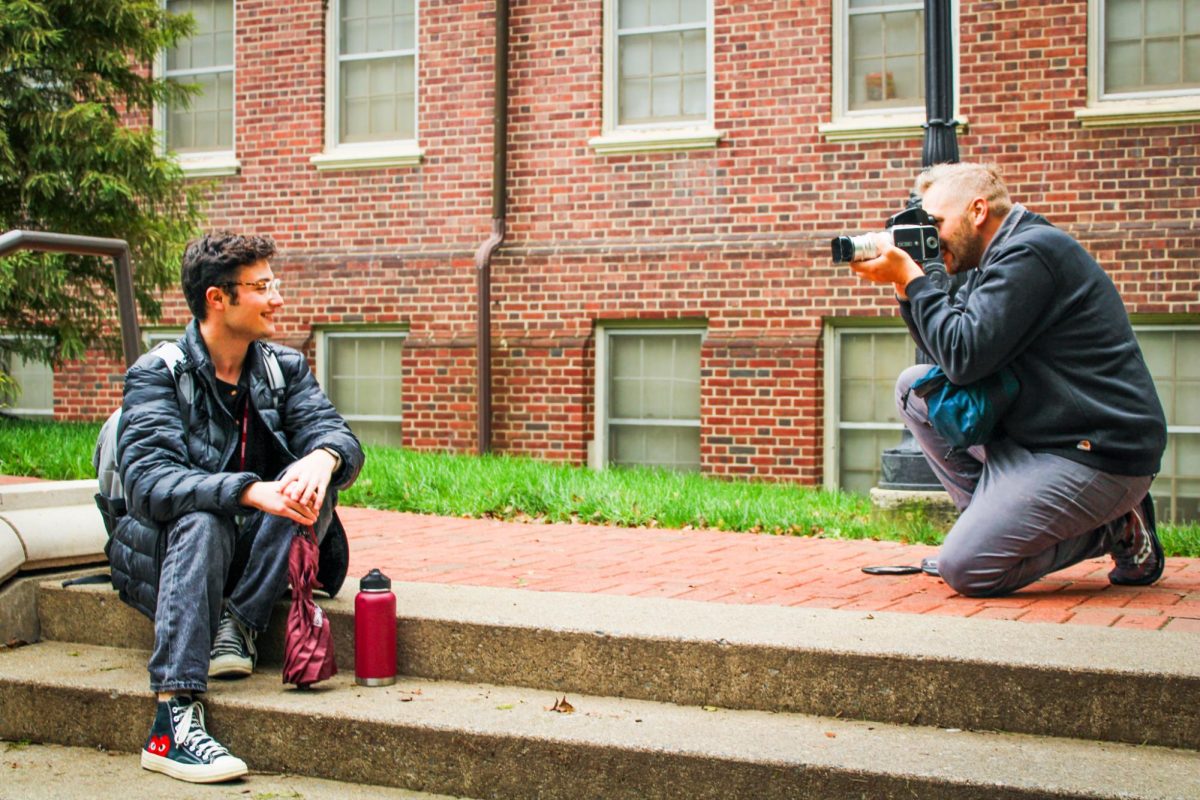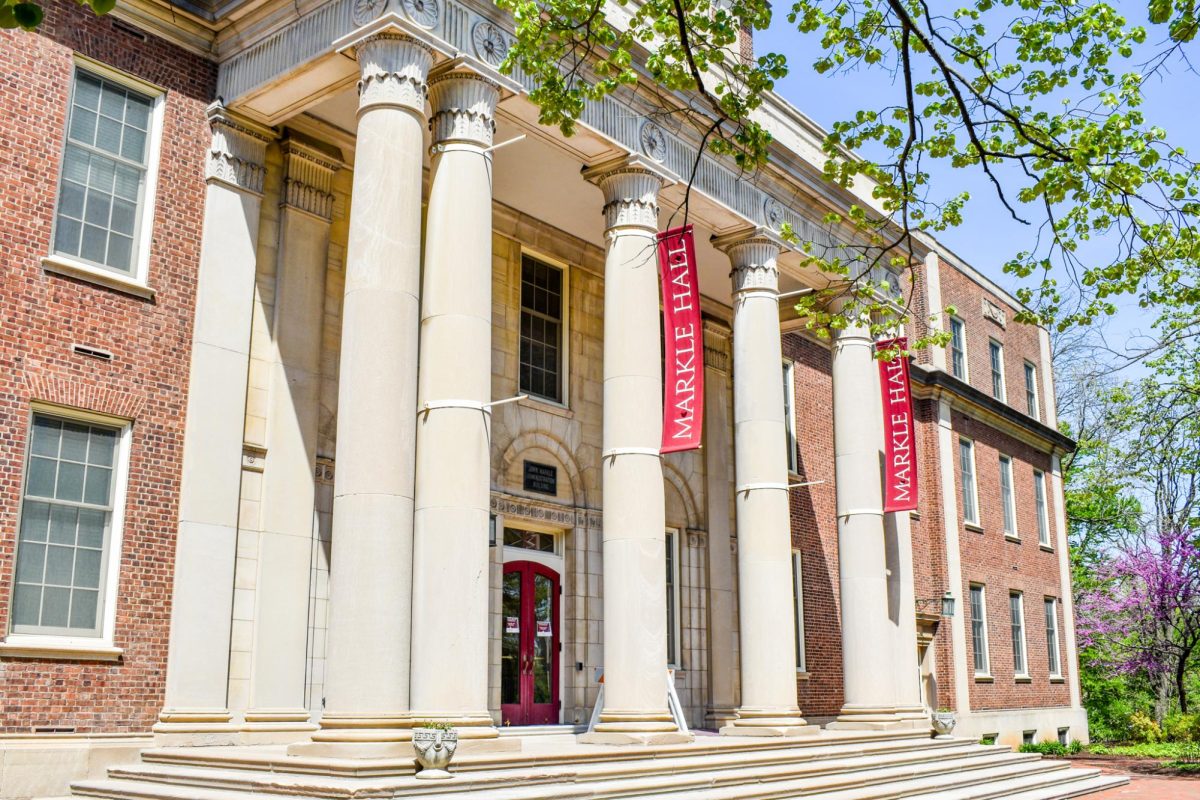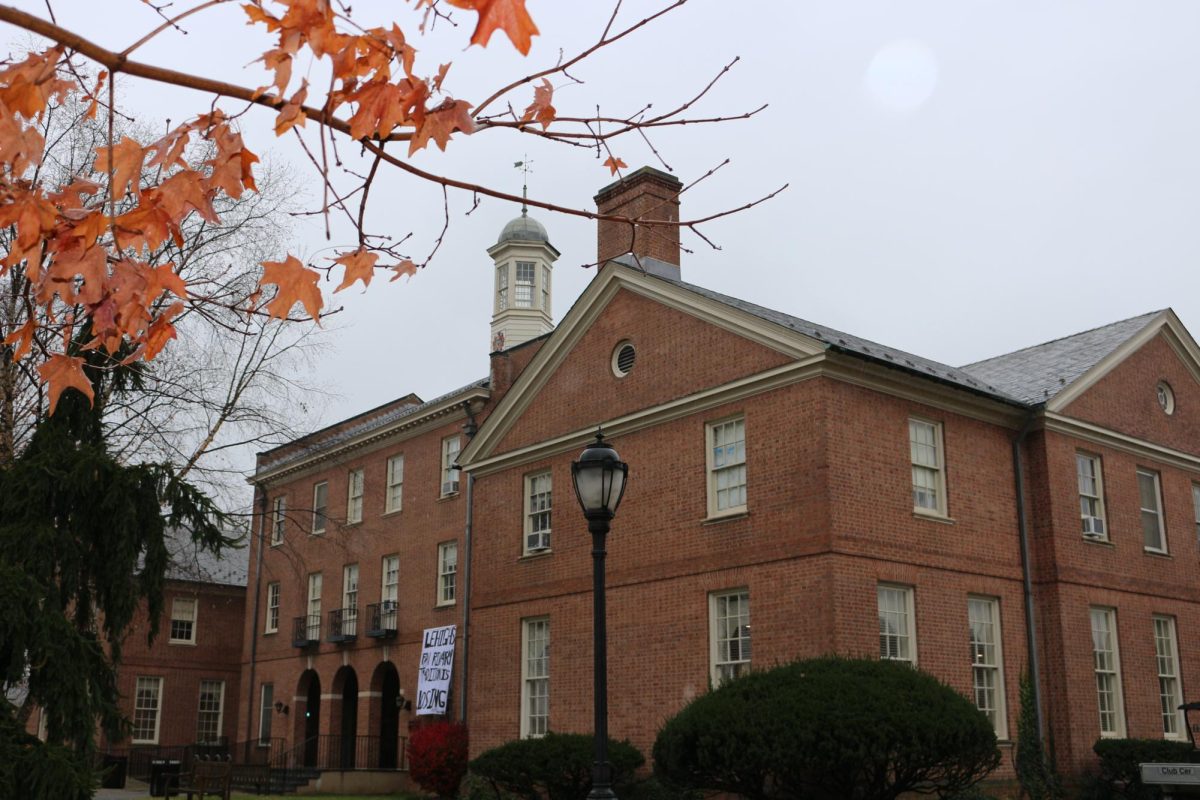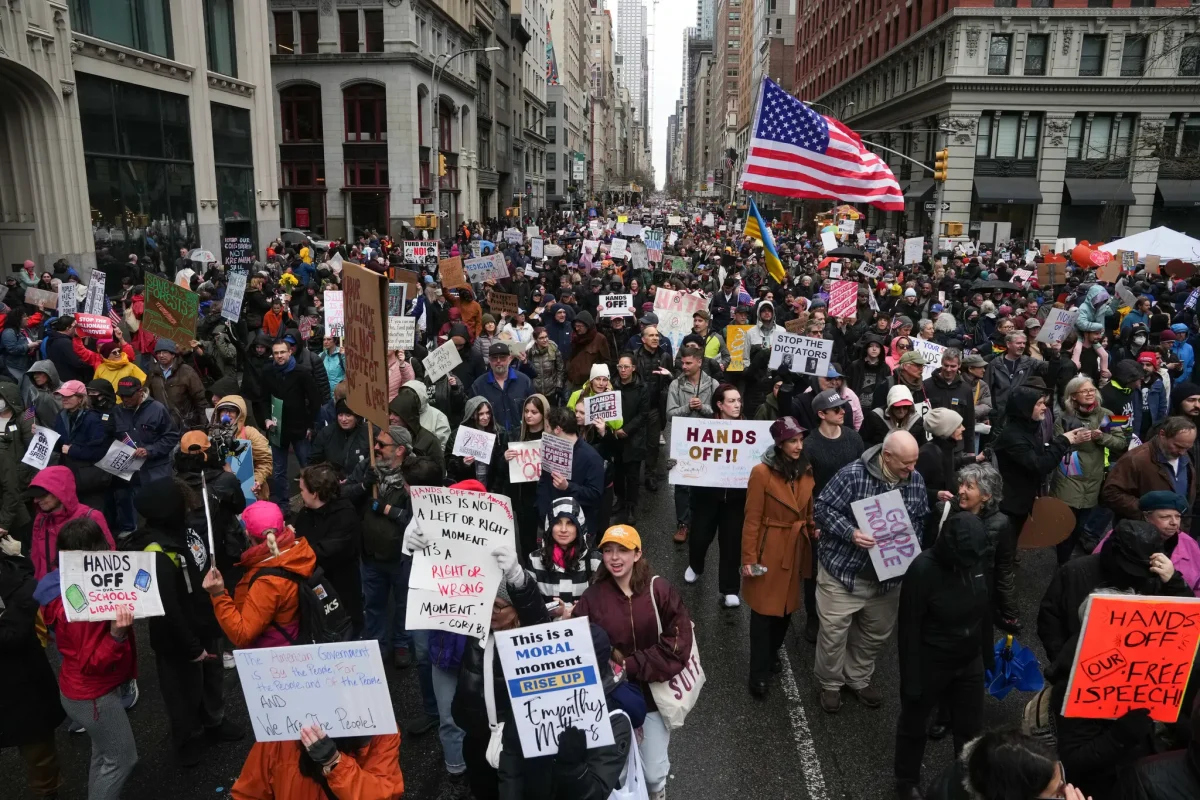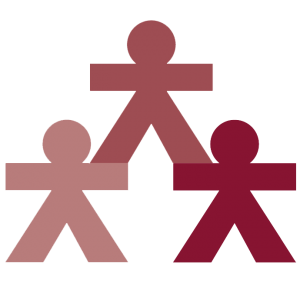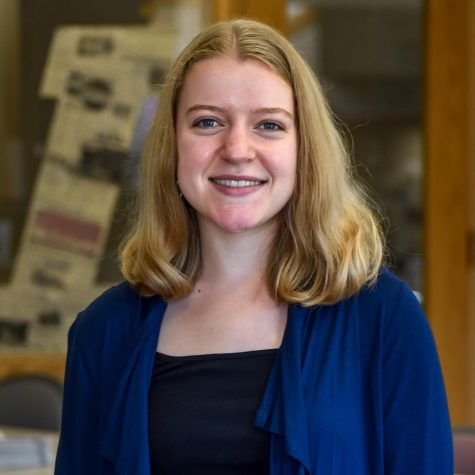Sometimes, the most important first step to becoming an ally is not being afraid to ask questions about things you don’t understand. And for the organizers of Lafayette’s inaugural Disabilities Awareness Week, this is a crucial first step toward building understanding and challenging ableism.
Next week’s Disabilities Awareness Week was organized by Beth Anne Castellano ’22, Allie Bindler ’21 and Alison Maxwell ’22. The week will consist of three events all designed to increase awareness and start conversations about ableism and accessibility on campus and in the world.
The idea was first initiated by Castellano, who ran the college’s Best Buddies program—part of an international non-profit that helps “foster friendships with individuals with intellectual/developmental/physical disabilities,” according to the website—through the Landis Center before the COVID-19 pandemic with Bindler and Maxwell.
Castellano explained that on campus, the topic of disabilities does not come up very often, so she wanted to help educate people on the subject.
Bindler added the COVID-19 pandemic has given student volunteers the opportunity to bring awareness to the issue since weekly volunteering programs through the Landis Center have been suspended.
“In the past year and a half, I know we’ve all been frustrated with the lack of awareness, whether that be in language or in physical accessibility on campus,” Bindler said. “[Now] we actually have time to start this and change people’s views in a different way than daily interactive volunteering.”
The week’s first event is slated to be a panel discussion next Tuesday from 12:00 p.m. to 1:00 p.m. It will feature community partners from the area as well as a student activist.
Castellano explained that the event is meant to set the tone for the week by providing participants with a baseline understanding of ableism. It will also address accessibility in the community, how the pandemic has disproportionately affected people with disabilities and concrete ways that students can take action.
“I think a lot of people are scared when they don’t know how to interact with someone with disabilities, and the easiest way to break down those barriers is through these programs with hearing the one-on-one work that these panelists do in the community and then also, the whole disability rights movement…where we are today and what barriers have already been broken,” Bindler explained.
The second event of the week is the Diversity, Equity, and Inclusion (DEI) Council’s open meeting on Wednesday from 1:00 p.m. to 2:30 p.m., in which participants will discuss accessibility on campus.
Maxwell said that the meeting is the “perfect setting” for students to be able to ask questions and have a discussion about things that could be changed.
The last event of the week will be a screening of the film “Crip Cramp: A Disability Revolution” followed by a community discussion on Thursday from 6:00 p.m. to 8:00 p.m.
Out of these conversations and opportunities for engagement, the week’s organizers said they hope to convey the message that it is okay to ask questions, even if it feels uncomfortable.
“[The disabled community] is a really large community, but it’s sort of invisible a lot of the time,” Castellano said. She added that she would like to help students become allies to the community by providing them with concrete resources and action items to work on.
“One in four adults has a disability, so I think if you open up the conversation to start realizing how it affects so many more people than we on the surface realize and start to uncover things that have been kind of concealed in the past, [you can] change it to be more of an open conversation,” Bindler said. “And it’s okay to ask the wrong questions, it’s okay to not understand how someone else’s brain works, because you can’t unless you get to know that person.”
“A disability is just something that is a hurdle that we all have to face…a person is a person, and they’re uniquely made up to be who they are,” Bindler added.
She also emphasized the importance of normalizing the idea that people can excel in different ways.
“I think just breaking a barrier between abled and disabled is very important on this campus,” Bindler said.

